The Google Graveyard revisited: 9 scrapped Google ideas we still miss
It's time for some cathartic Google grieving
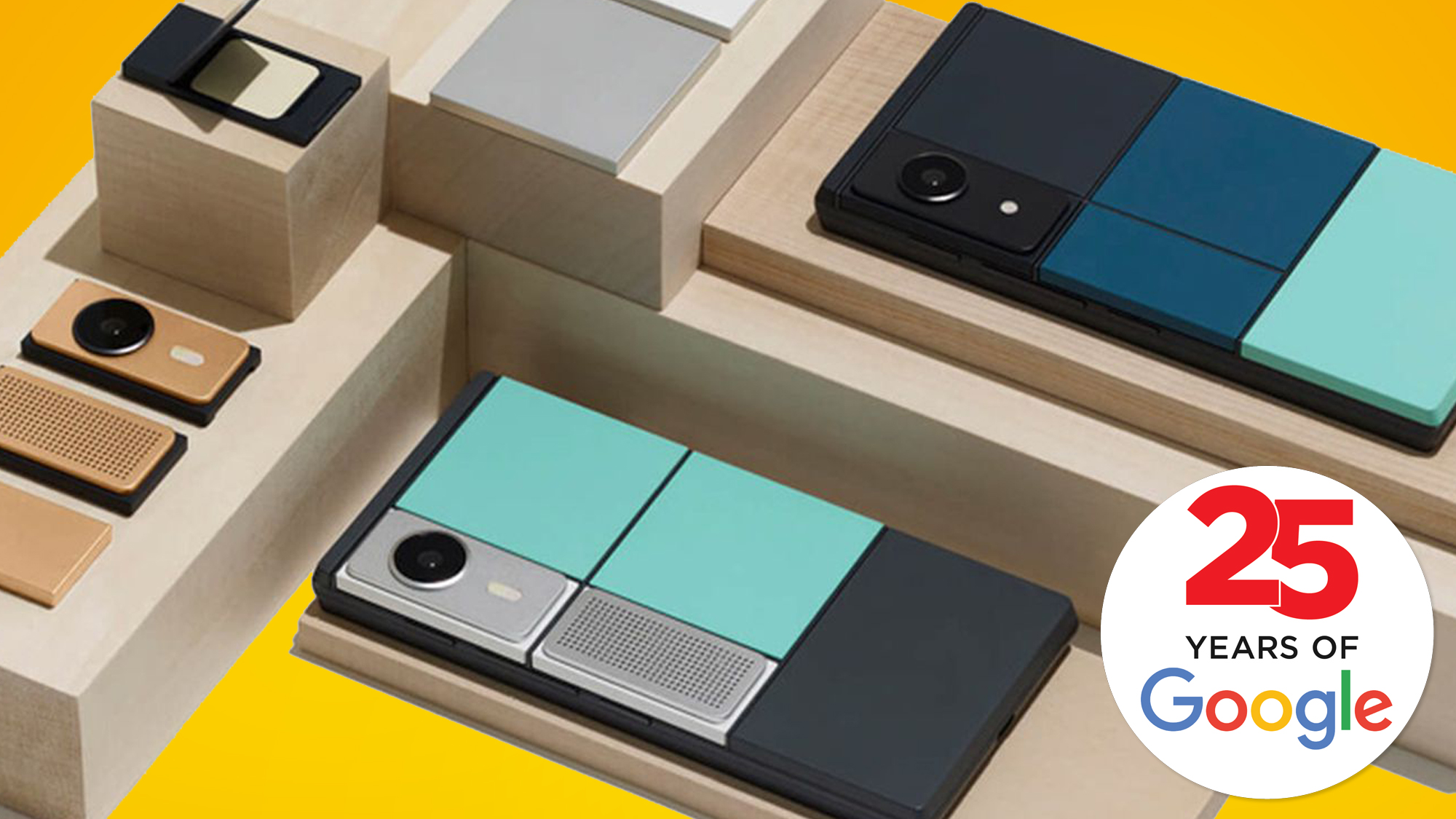
It's been 25 years since Google transformed the way we search the web, before going on to build tools for emailing, navigating, and plenty more besides. However, not everything that Google launches gets its full backing once the initial buzz has died down, and plenty of projects and services have been consigned to the Google graveyard.
This idea of Google abandoning products that it was originally excited about has become so familiar there's even a website dedicated to it. See how many products in that comprehensive list you recognize – there might be more than a few that you've actually completely forgotten about. Google Goggles, anyone?
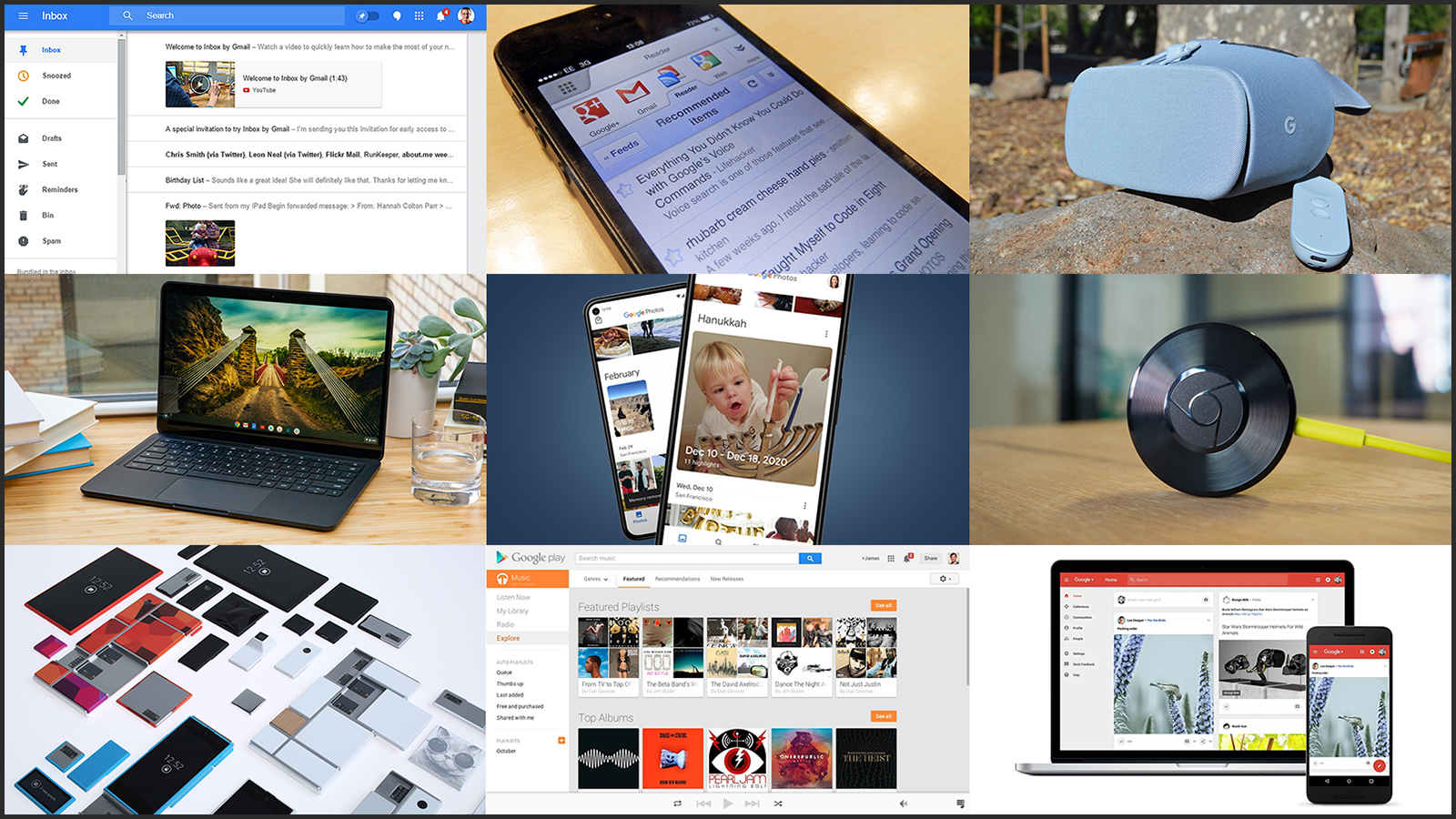
Well, we have our own list of Google apps, services and products that we still miss. Here we're taking a nostalgic trip in the company of some of those Google graveyard residents: apps and sites and ideas that were gone too soon, you might say, dead and digitally buried before their time.
1. Inbox by Gmail
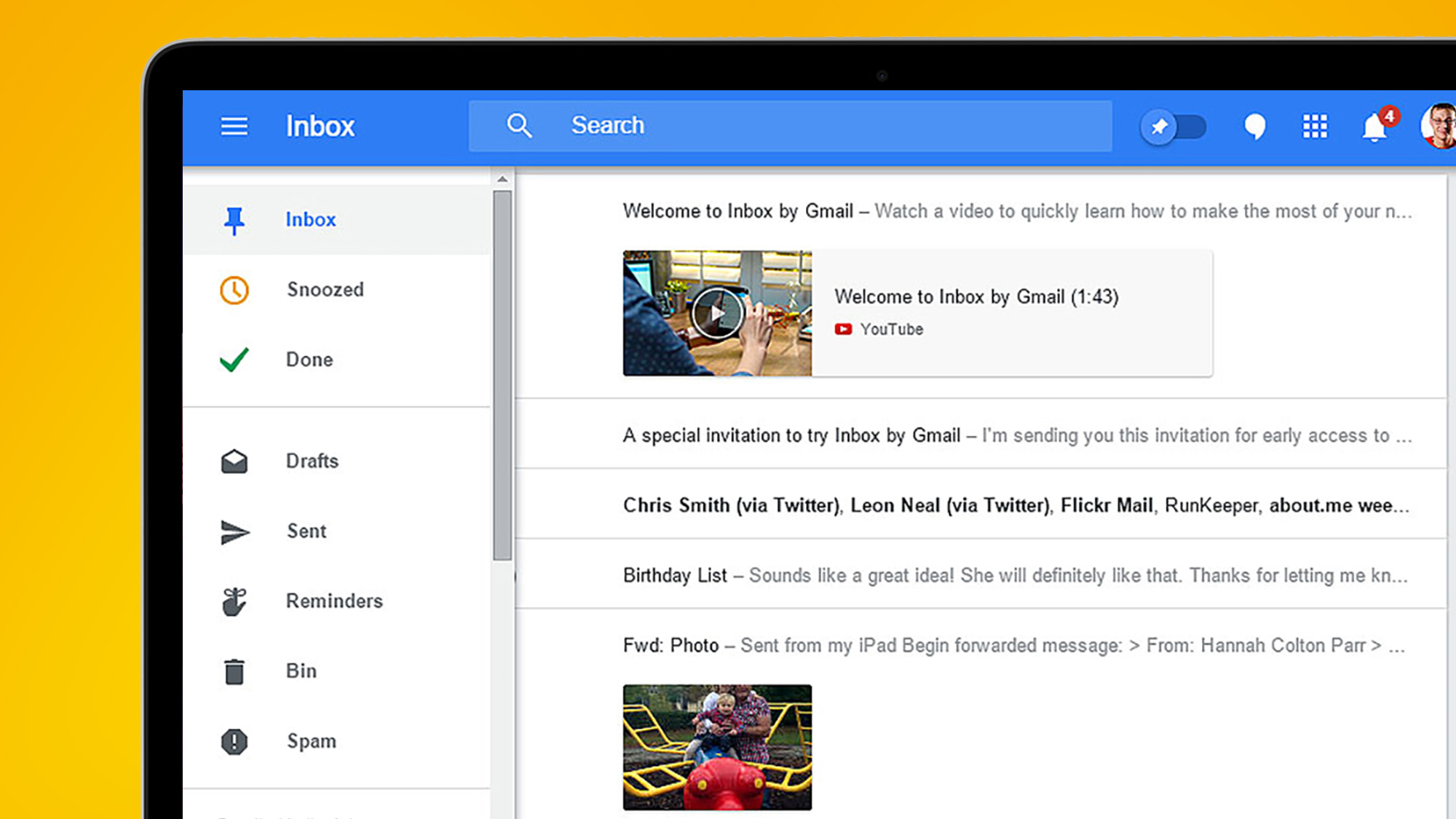
The rather confusingly-named Inbox by Gmail (or Google Inbox) promised to truly change the way that we email – and if any technology is in need of a refresh, a revamp and a rethink, then it's surely got to be email.
It introduced features like email bundles, message snoozing, undo send, smart replies, message reminders, and tight integration with other services like Google Calendar. It well and truly sped up the process of managing email.
You'll notice that a lot of those features have now been added to Gmail, so we thank Inbox for its service and what it contributed. It's still a shame that it got shuttered though, and we would've liked it to have continued on its mission to improve emailing.
2. Google Reader
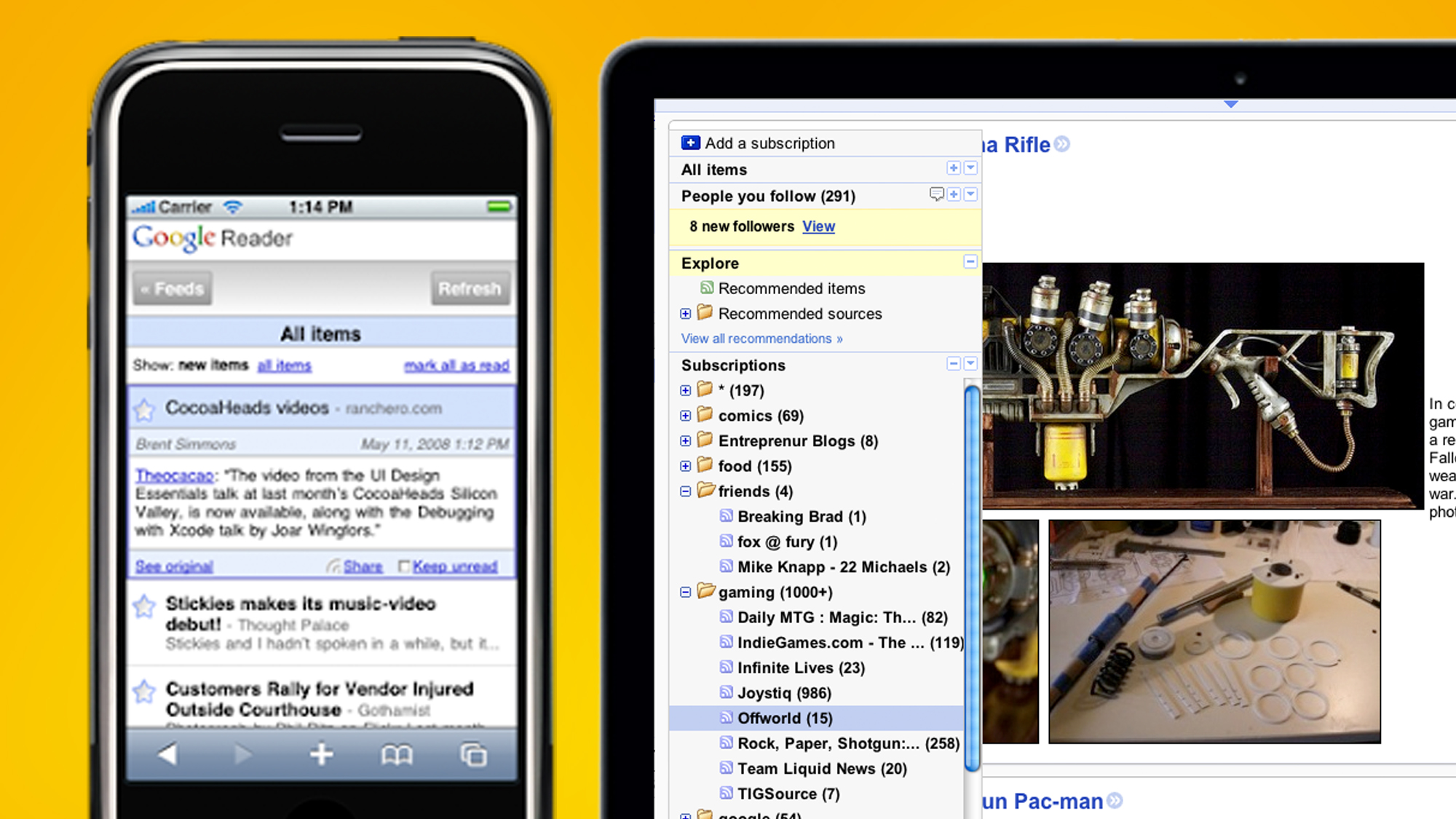
Google Reader has been dead for over a decade at this point, so you may not even know what we're talking about – but in its day it was one of the very best ways of keeping up with everything that was happening on the web.
Get daily insight, inspiration and deals in your inbox
Sign up for breaking news, reviews, opinion, top tech deals, and more.
The service used RSS (Really Simple Syndication) technology to bring you all the articles from your favorite sites in an easy-to-navigate list. It meant not missing anything important, and catching up at your leisure, without the noise of social media.
Declining use (according to Google) and the rise of Google Plus (!) put paid to Reader. Other RSS readers are still around, but none have quite managed the combination of accessibility and usefulness that Google Reader had.
3. Google Daydream
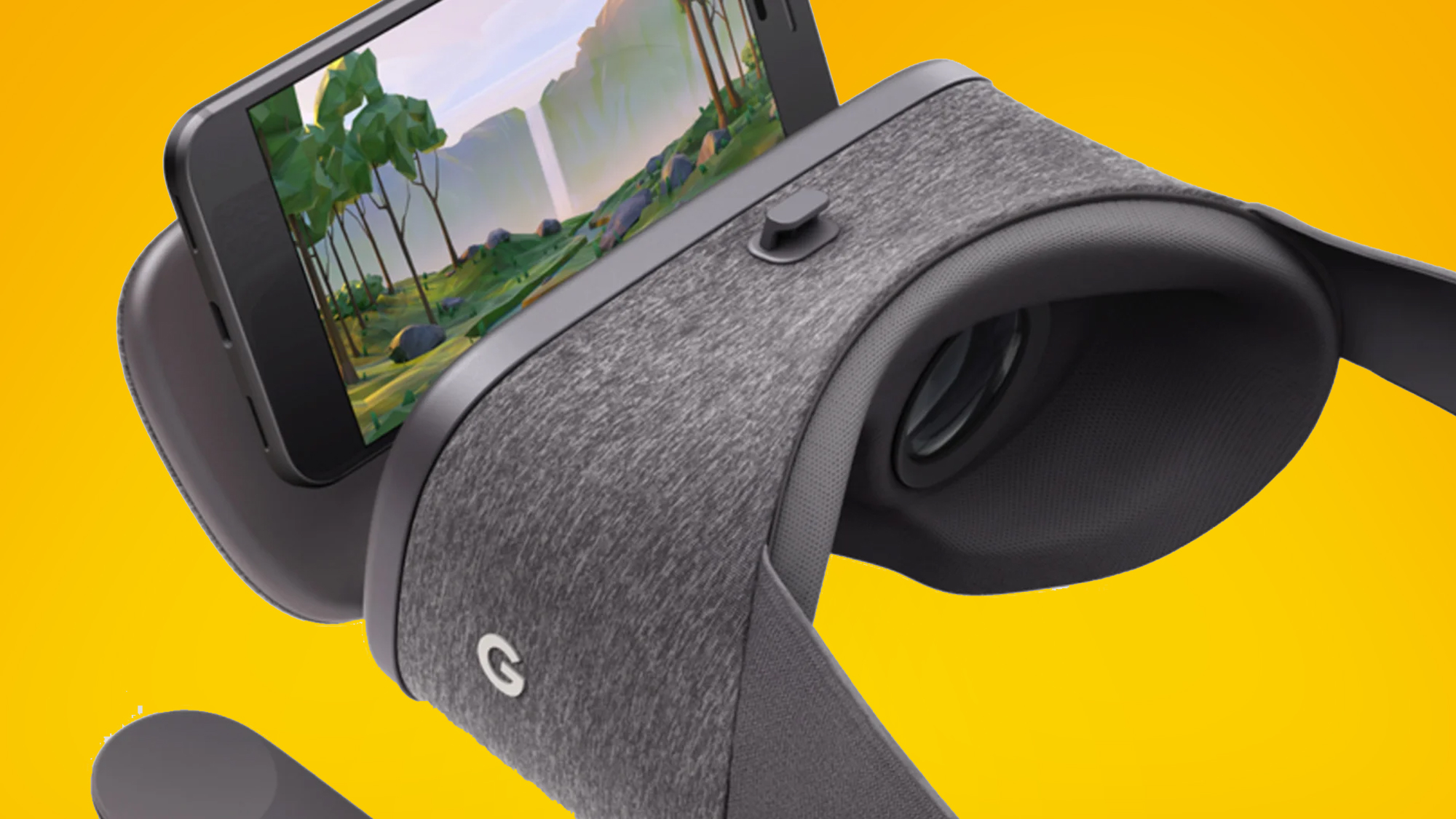
Among the many problems with virtual reality right now are that it's rather expensive (if not prohibitively expensive) to get into. With that in mind it's a shame that Google Daydream has been sent to the Google graveyard.
The experiences on this budget VR device weren't the most advanced you'll ever see, but they were fun and accessible, and we miss being able to peer around at YouTube videos in 360 degrees or play a round of crazy VR golf.
Before Daydream there was also Google Cardboard of course, making it even easier to get into VR – all you needed was your phone and a bit of packaging, and we miss that do-it-yourself, all-invited approach to virtual reality.
4. Pixelbook Go
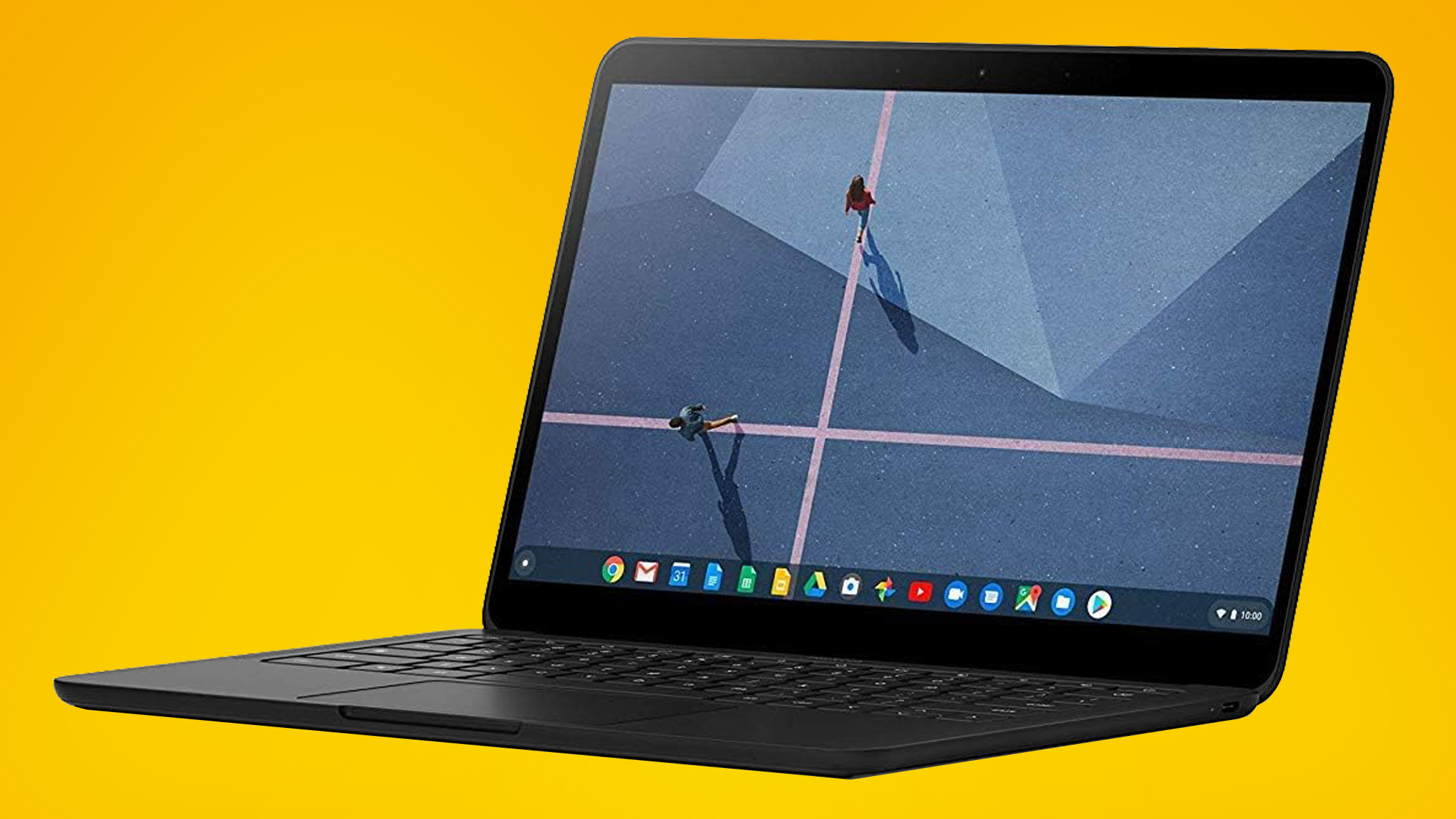
We absolutely loved almost everything about the Pixelbook Go Chromebook – we still do in fact – and mentioned its "amazing" keyboard, "astonishing" battery life, and competitive price point in our Pixelbook Go review.
In fact, the Google Pixelbook that came a few years before it may have been even better, with superb performance and an excellent display that was great for doing work on. These laptops were shining examples of what Chromebooks could be, flagship pieces of hardware that had real appeal.
Sadly, it doesn't look like any more Google Pixelbooks will be arriving in the near future – though with no official word from Google on the matter, we're hoping that one day we can cross this off the graveyard list.
5. Google Photos unlimited storage
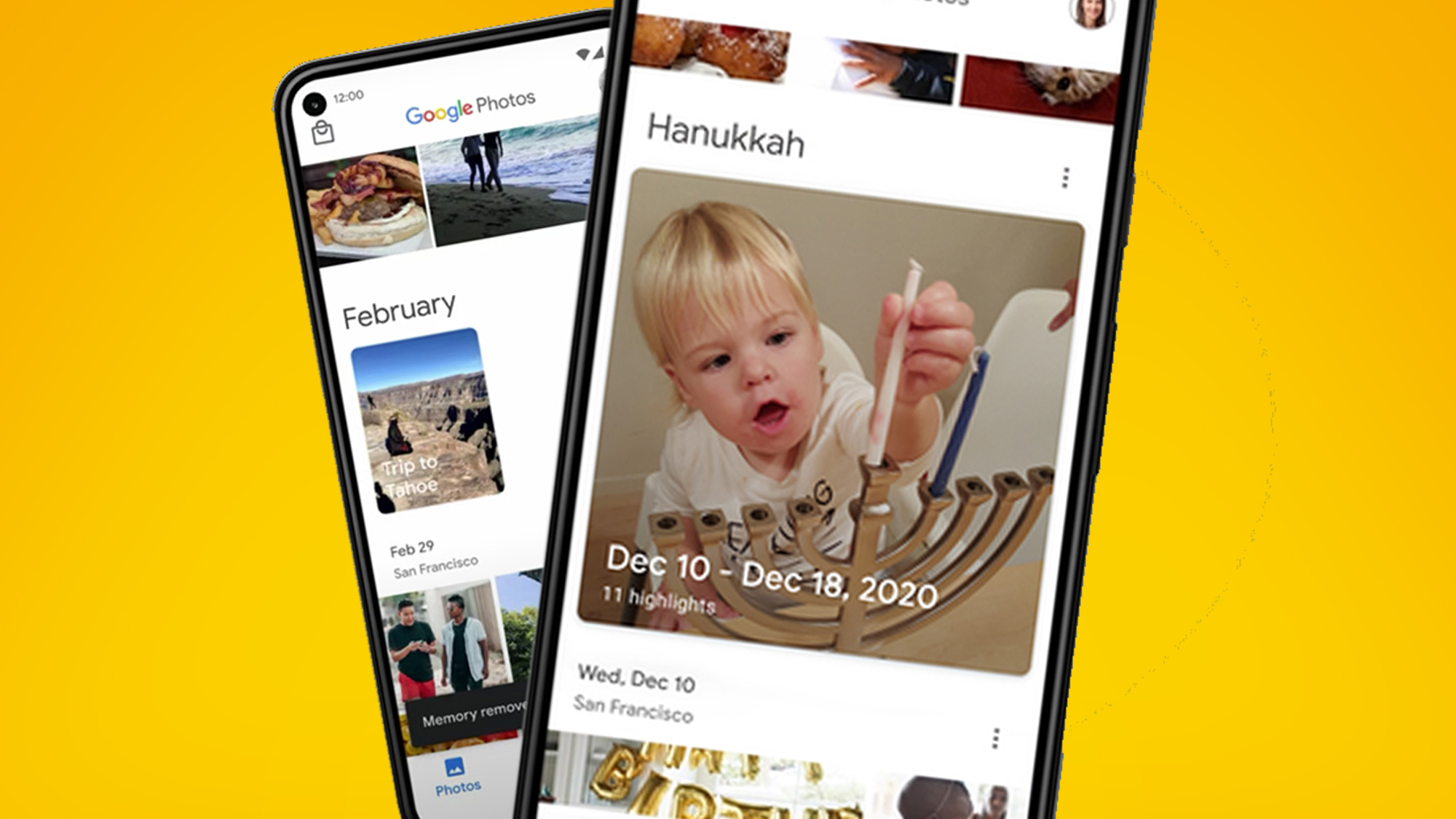
Google Photos is still very much alive and likely to remain so, but the unlimited storage offer that Google originally bundled with earlier Pixel phones has now very much been consigned to the graveyard.
We understand that Google has server costs to cover, but just how many photos and videos were these people uploading? Never having to pay cloud storage fees for these files was a massive added benefit with buying a Pixel phone that now just doesn't exist.
Pick up a new Google Pixel smartphone today, and if you want to store a significant number of photos and videos in the cloud, you'll need to pay your subscription fees like everyone else. Poor show Google, poor show.
6. Chromecast Audio
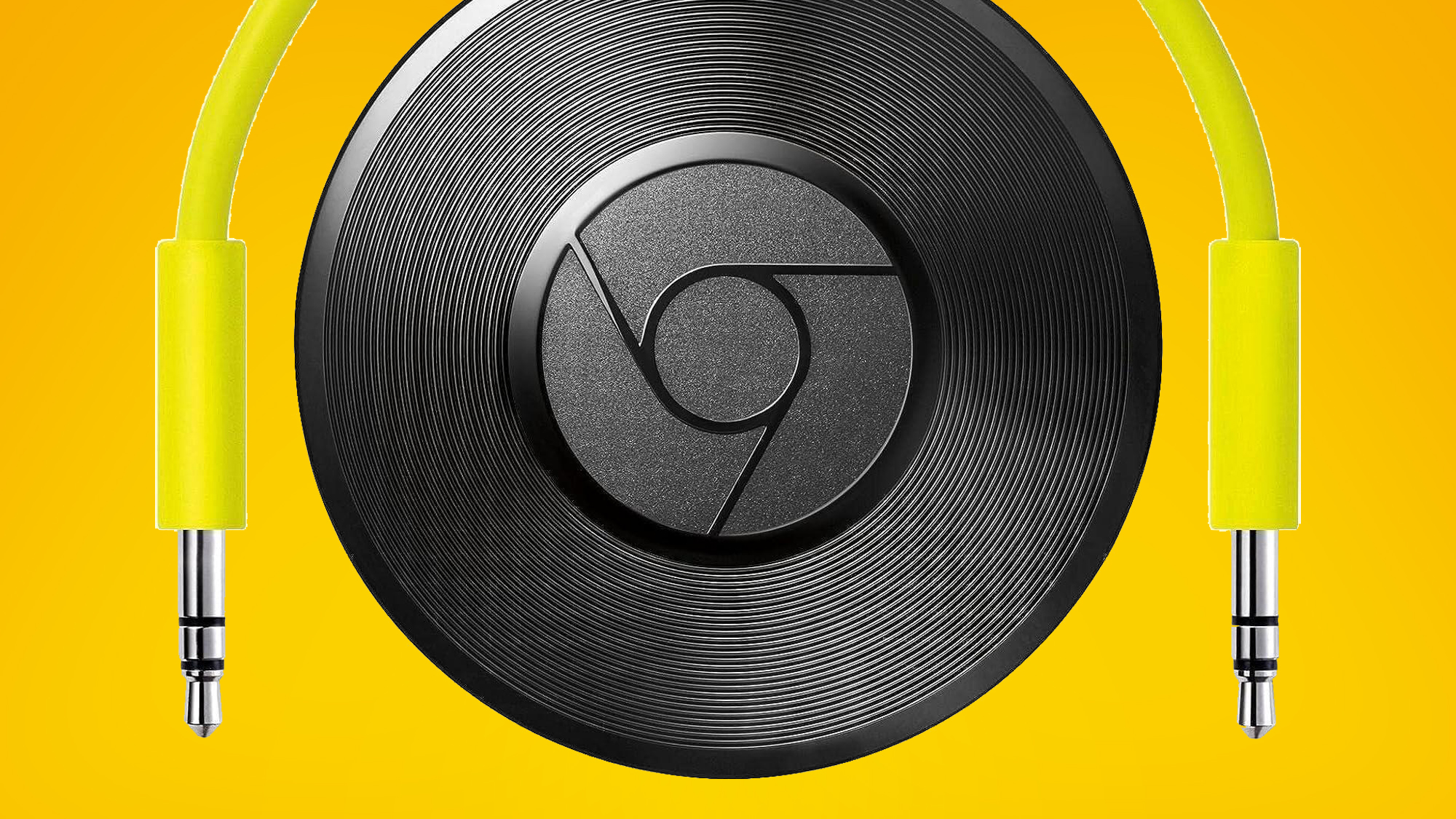
Chromecast, but for audio only – what's not to like? A straightforward dongle with the power to connect any speaker with a 3.5 mm audio jack into a device that can receive streamed audio from your smartphone and other casting devices.
It's just the kind of affordable, useful hardware device that we need more of, but in its infinite wisdom Google decided that the Chromecast Audio had to go. If we were looking at it cynically, we'd say the dongle's demise happened because Google would rather you bought one of its own smart speakers.
Chromecast dongles that do audio and video together still live on of course – see the Chromecast with Google TV, which could get a successor soon according leaks of its new controller. But that doesn't mean we don't still miss the Chromecast Audio.
7. Project Ara
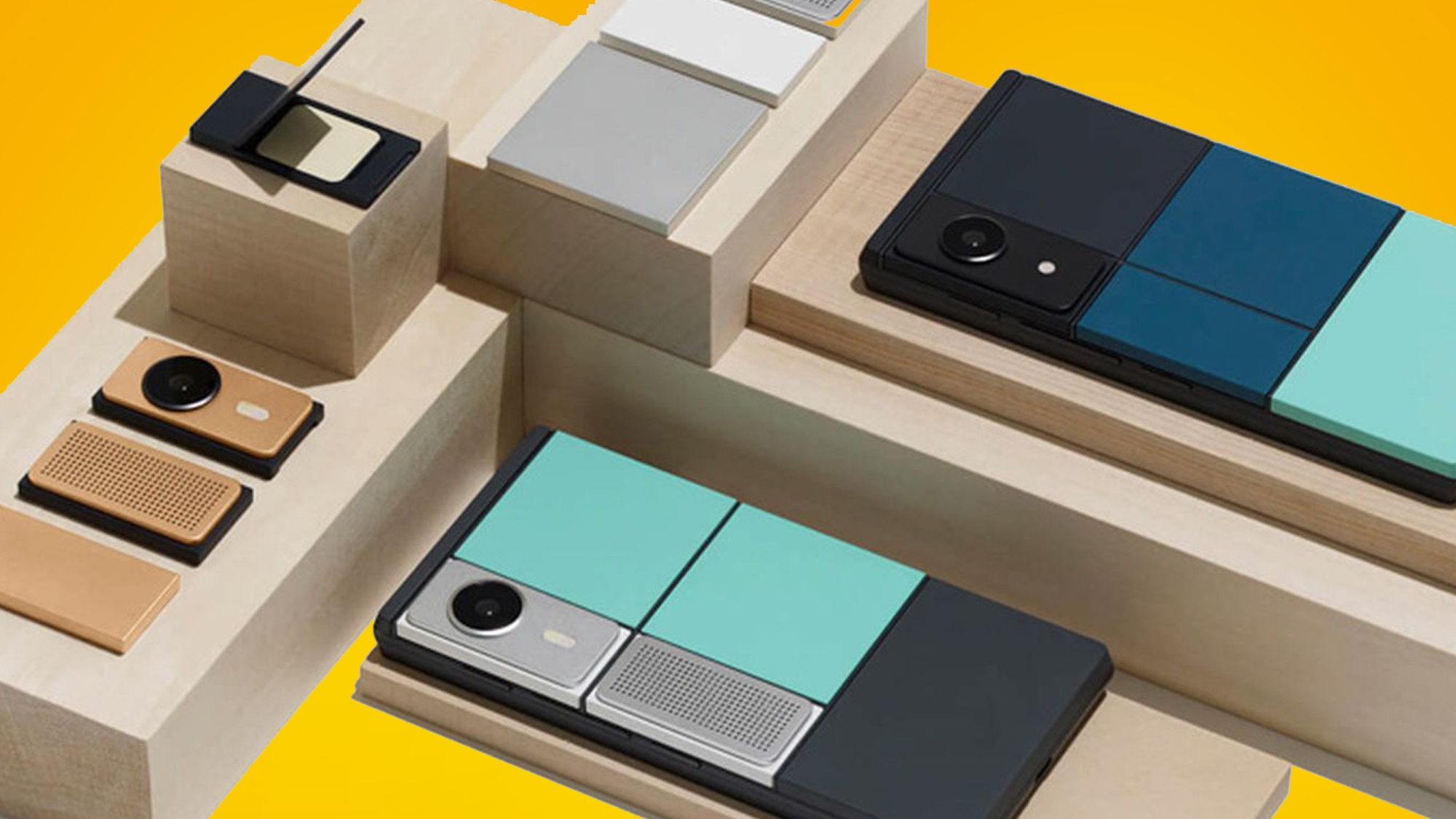
Technically speaking, Project Ara never really lived, but we very much liked the idea while it was at the prototype stage – and we're still upset that Google pulled the plug before any actual products were released.
The idea, quite simply, was a modular smartphone, with different components you could slot in: not only would it give you a phone specifically tailored to your requirements, it would mean less expense and less waste when upgrading (because you wouldn't have to upgrade an entire handset each time).
Alas, the world wasn't ready for Project Ara and its innovative approach, it would seem – and so we still have the same big names dominating smartphone manufacturing, with phones that all tend to look rather similar.
8. Google Play Music
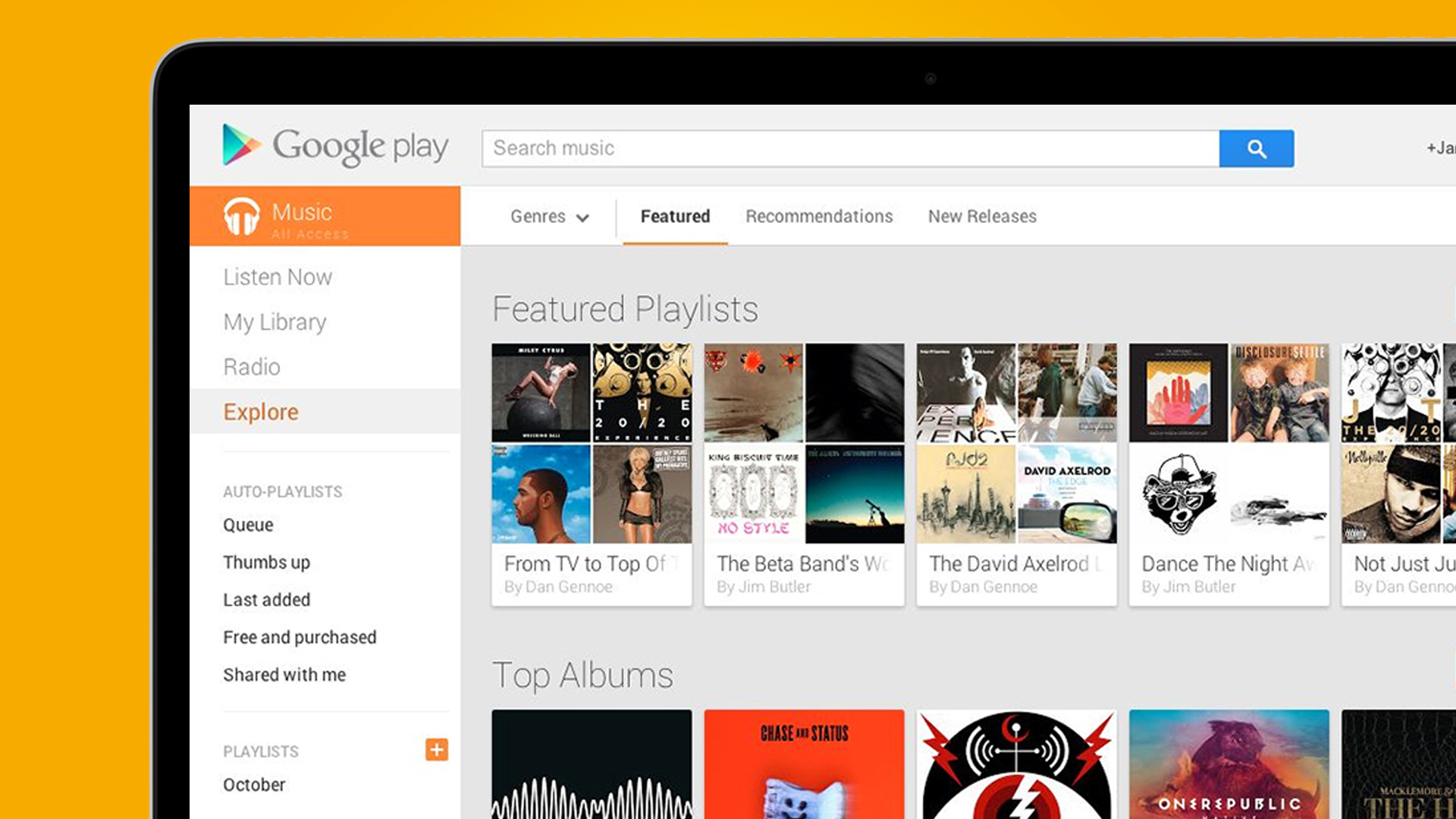
You can still give Google a monthly subscription fee for YouTube Music of course, but we miss the service that preceded it, Google Play Music – not least because it wasn't stuck on the side of YouTube, mixing up all your video and audio playlists together.
It did everything you would expect a music streaming service to do, and then some. You could even upload up to 20,000 of your own MP3s to the cloud, ready to stream them anywhere, which was great for rarities and b-sides.
You could buy digital tracks to keep through the service as well, in addition to streaming them or using the ones you already had. In fact, we even liked it more than Spotify...
9. Google Plus
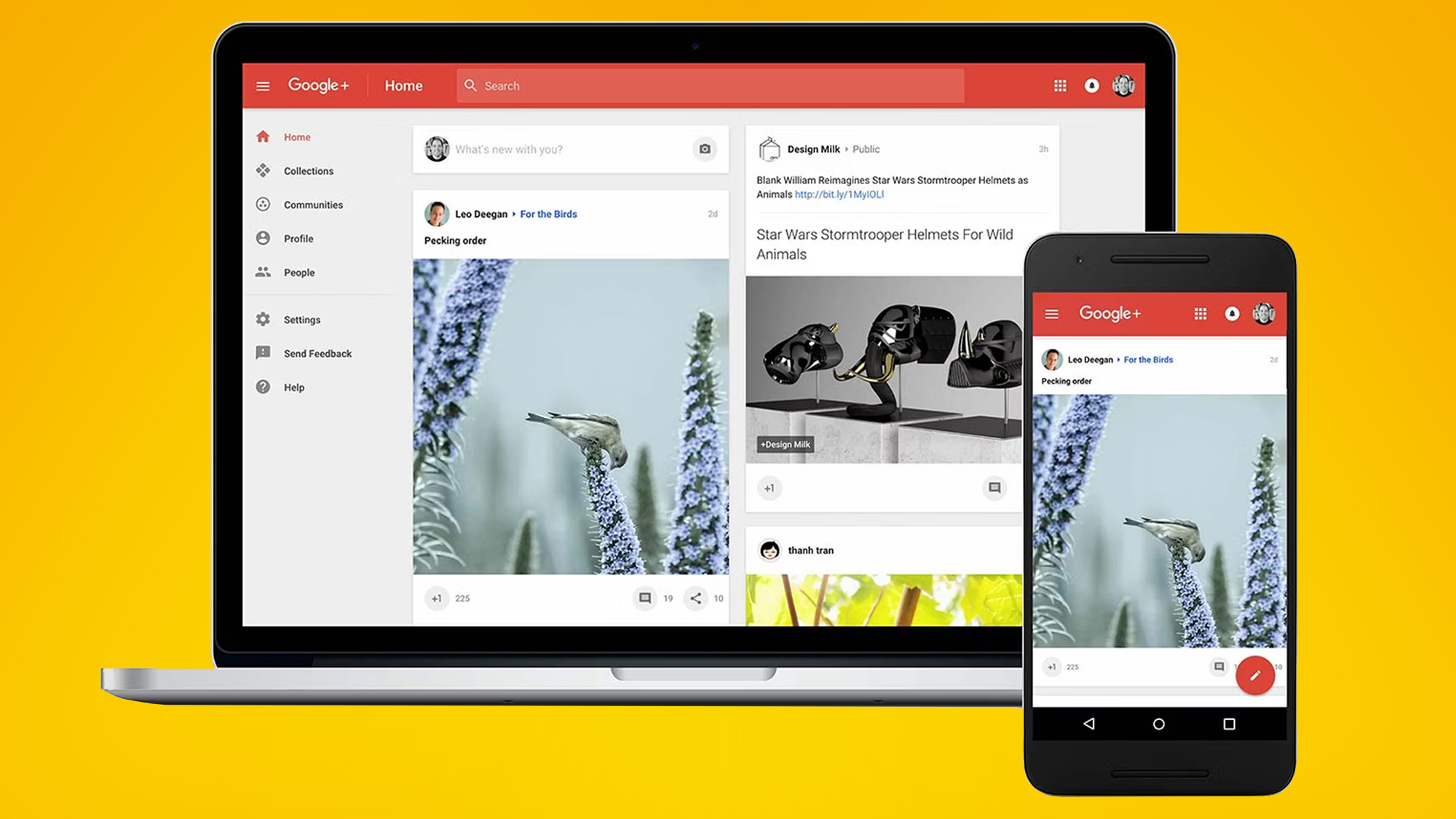
It's easy to forget now the kind of buzz that was around Google Plus when it first launched: a new social network, built from the ground up, with what seemed to be a smarter approach than anything offered by the big players in the market.
Putting people in circles was time-consuming, but it did solve the problem of connecting with close friends, family, passing acquaintances and colleagues on the same network – you could pick and choose which stuff got shared with which contacts.
It was fast, it was clean, but it was destined not to live on past 2019. To be completely fair to Google, it never really attracted the kind of user activity that it needed to survive, but the promise was definitely there.
You might also like

Dave is a freelance tech journalist who has been writing about gadgets, apps and the web for more than two decades. Based out of Stockport, England, on TechRadar you'll find him covering news, features and reviews, particularly for phones, tablets and wearables. Working to ensure our breaking news coverage is the best in the business over weekends, David also has bylines at Gizmodo, T3, PopSci and a few other places besides, as well as being many years editing the likes of PC Explorer and The Hardware Handbook.